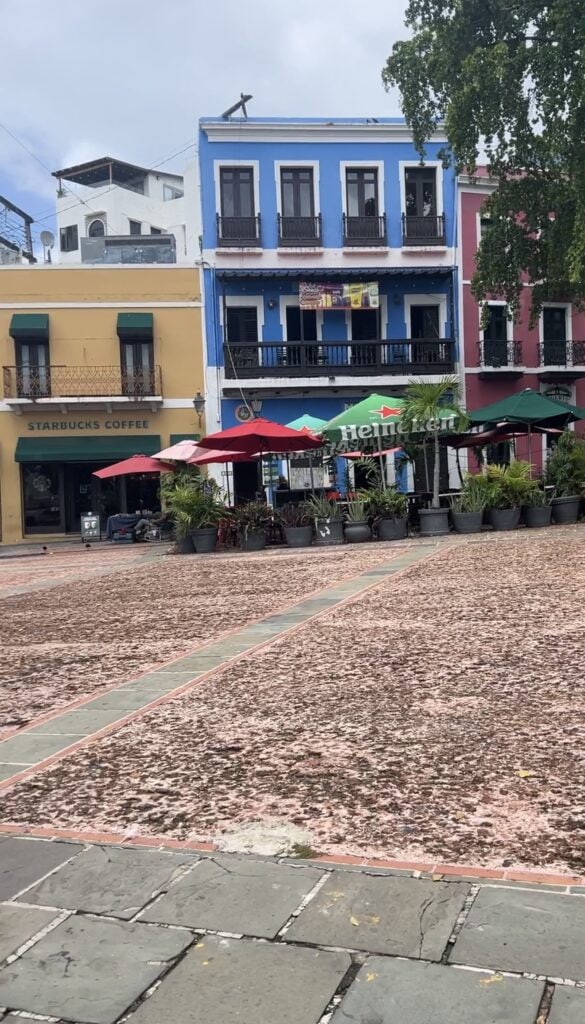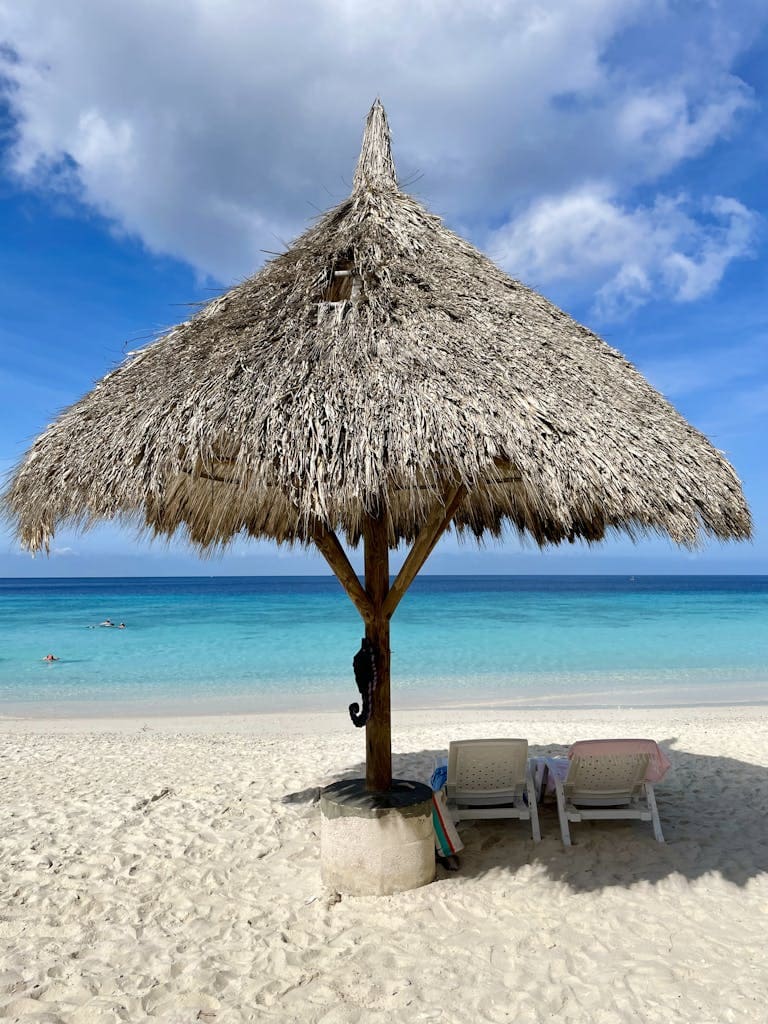Is the Caribbean Safe? A Comprehensive Guide to Traveler Safety
Jet Setting with Jen contains affiliate links and is a member of the Amazon LLC Associates Program. If you make a purchase using one of these Amazon links, we may receive compensation at no extra cost to you. Read our Privacy Policy for more information.
Hey, fellow travelers! Having journeyed through numerous Caribbean islands, countless times, I’ve experienced the vibrant cultures, stunning beaches, and warm hospitality that define this region. Yet, amidst the allure, questions about safety often arise. “Is the Caribbean safe?” is a query I hear frequently from friends and fellow explorers. Let’s delve into this topic, combining personal anecdotes with factual insights to provide a comprehensive perspective.
Introduction: Is the Caribbean Safe?
The Caribbean is known for its breathtaking beaches, vibrant culture, and stunning islands that draw millions of visitors every year. But one of the most common questions I hear is, “Is the Caribbean safe?” While the region is generally very welcoming and tourist-friendly, it’s essential to stay informed and aware, just as you would when visiting any new destination. From understanding local customs to avoiding potential risks, being well-prepared can make a huge difference in your travel experience. This guide will take you through everything you need to know about safety in the Caribbean, including the safest islands to visit, tips for staying secure, and things to watch out for during your trip. Let’s get into it!
Personal Experiences: Safety in the Caribbean
Throughout my journeys, I’ve encountered both joyous adventures and sobering reminders of the importance of vigilance:
Jamaica: Beyond the allure of Negril’s beaches, I discovered the importance of respecting local customs and being cautious in less-touristed regions, ensuring a harmonious experience with the local community.
Dominican Republic: On my first visit, I was captivated by the vibrant culture and warm hospitality. However, a friend’s unfortunate experience of a petty theft in a crowded market served as a stark reminder to remain vigilant in busy areas.
Cayman Islands: Referred to as one of the safest Caribbean islands, I found the streets well-patrolled and the community welcoming. The low crime rate here allowed for relaxed evening strolls along Seven Mile Beach.
Puerto Rico: The historic charm of Old San Juan is undeniable. Yet, I learned to exercise caution after dark, especially in less-lit areas, aligning with the general advice to stay vigilant.
Current Safety Landscape: Insights and Advisories
It’s crucial to differentiate between anecdotal experiences and broader safety trends. Here’s an overview based on recent data:
Violent Crimes: Though less common, certain areas have reported higher rates. For example, Port of Spain in Trinidad has seen increased incidents, leading to its Level 3 advisory.
Travel Advisories: The U.S. Department of State issues travel advisories that categorize countries based on safety levels. As of early 2025:
Exercise Normal Precautions (Level 1): Islands like Anguilla, Aruba, and Barbados fall into this category, indicating a generally safe environment for tourists.
Exercise Increased Caution (Level 2): Countries such as Belize and the Dominican Republic are in this bracket, suggesting travelers remain vigilant due to certain risks.
Reconsider Travel (Level 3): Nations like Jamaica and Trinidad and Tobago have received this advisory, often due to concerns like crime or civil unrest.
Crime Statistics: While exact figures can be elusive, general trends indicate that:
Petty Crimes: Incidents like pickpocketing and purse snatching are more prevalent in crowded tourist spots across many islands.
Safety Tips for Caribbean Travelers
Drawing from both personal experiences and collective insights, consider the following enhanced safety measures:
Stay Connected: Regularly update friends or family about your whereabouts. Sharing your itinerary and check-in times adds an extra layer of security.
Stay Informed: Beyond checking travel advisories, engage with recent news and local forums. This provides a real-time understanding of your destination’s safety landscape.
Cultural Sensitivity: Understanding and respecting local customs can significantly reduce the risk of misunderstandings or unintended offenses. For instance, dressing modestly in certain communities can foster goodwill.
Health Precautions: Ensure you’re updated on necessary vaccinations and carry a basic medical kit. Some islands may have limited medical facilities, making preparedness crucial.
Emergency Preparedness: Familiarize yourself with local emergency numbers, the location of your country’s embassy, and basic phrases in the local language. This knowledge can be invaluable in critical situations.
Transportation Safety: Opt for reputable transportation services. In some regions, unregulated taxis may pose risks. Always verify the legitimacy of your ride.
Financial Prudence: Use hotel safes for valuables and consider using money belts. Avoid flashing large sums of money or expensive jewelry, which can attract unwanted attention.
Solo Traveler Caution: If traveling alone, especially as a woman, consider joining group tours or excursions. This not only enhances safety but also enriches your experience through shared adventures.
Spotlight on Safer Caribbean Destinations
While safety is a concern across the region, some islands consistently rank higher in traveler safety:
Anguilla: Recognized for its tranquil atmosphere and low crime statistics, Anguilla provides a peaceful retreat for visitors.
Aruba: Known for its strict law enforcement and low crime rates, Aruba offers a secure environment for tourists.
Cayman Islands: With a homicide rate of approximately 7.99 per 100,000 people, the Cayman Islands are considered one of the safer Caribbean destinations.
Addressing Common Concerns: Myths vs. Reality
It’s easy to be swayed by sensational stories or generalized perceptions. Let’s address some common myths:
Reality: Violent crimes are relatively rare and often targeted based on specific circumstances. Staying informed and vigilant significantly reduces personal risk.
Myth: All Caribbean islands are unsafe.
Reality: While some areas face challenges, many islands are among the safest travel destinations globally. It’s about choosing where and how you travel.
Myth: Violent crime is rampant against tourists.
Conclusion: Is the Caribbean Safe?
The Caribbean, with its mosaic of cultures, landscapes, and experiences, remains a top destination for travelers worldwide. While certain areas require heightened awareness, the majority of islands offer safe and enriching experiences. By staying informed, respecting local customs, and practicing standard safety measures, you can navigate the Caribbean with confidence and create memories that last a lifetime.
Safe travels!

